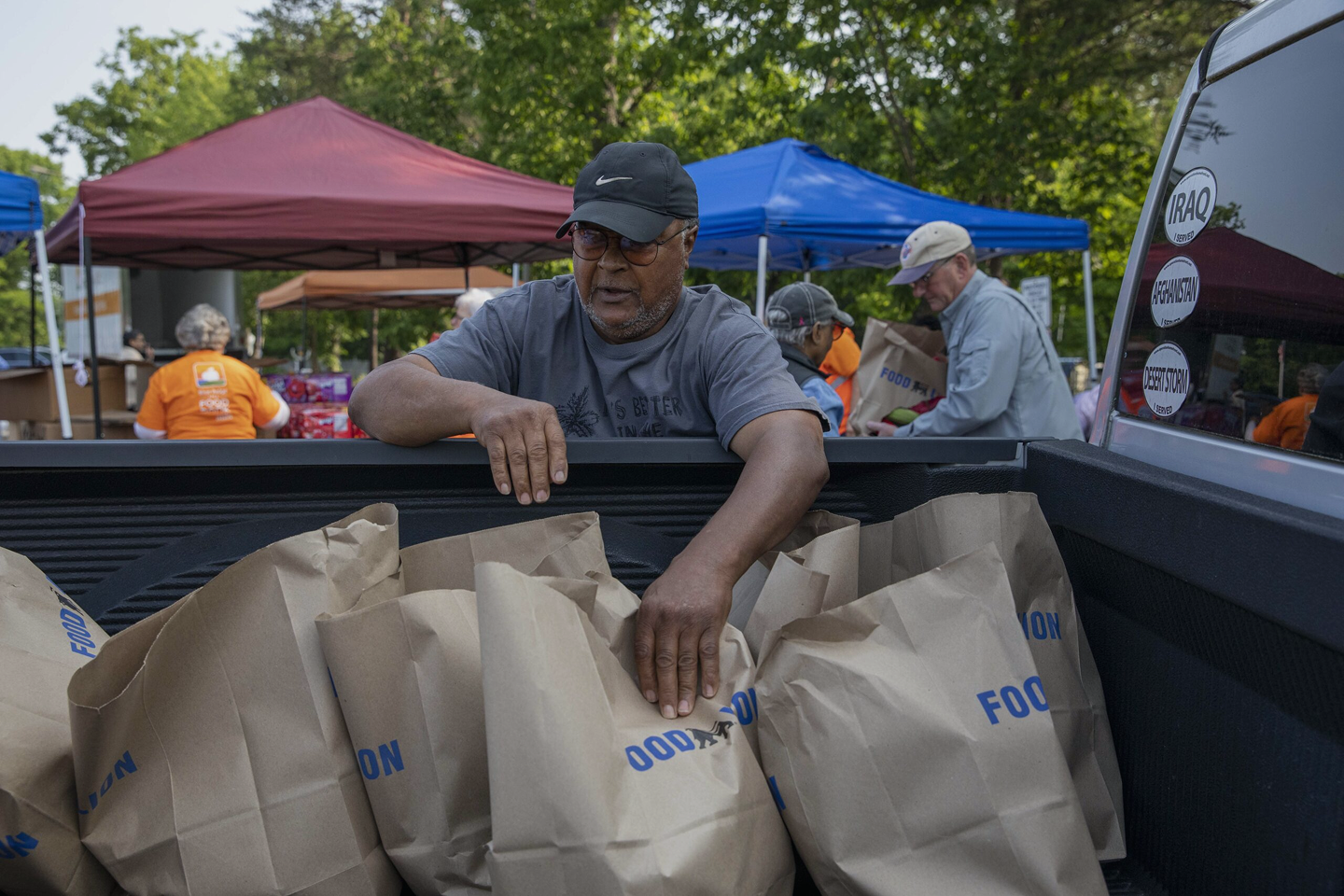How Blue Ridge Area Food Bank and the Federation of Virginia Food Banks use Acorn to support over 220 food pantries


Food Banks
Not for Profit
101 a month & counting
North America
External
Food Banks
The gap: A limited capacity to deliver training
The Federation of Virginia Food Banks is a state-wide association representing seven regional food banks, including the Blue Ridge Area Food Bank. Together, they support a network of over 220 food pantries. Before they used a learning platform, they had to find a way to roll out their Healthy Pantry Initiative (HPI) to advance nutrition security and improve community health … all on their own.
The HPI encourages food pantries around Virginia to adopt 20 best practices that fall under four categories:
- Healthy food availability
- Community connection
- Health education
- Neighbor-centered practices.
But delivering consistent training across such a large and diverse network proved difficult. The Blue Ridge Area Food Bank alone distributes 31 million pounds of food—including 9 million pounds of fresh produce—to its pantry partners, and serves a largely rural area where in-person engagement is often limited to once or twice a year. On top of this, pantry partners vary significantly in terms of capacity, with some serving 15 individuals and others serving thousands.
They needed a scalable training solution that could help them roll out their 20 core HPI practices effectively and efficiently. A solution that could create and deliver training on standardized practices across all partnered food pantries.
The solution: Making learning deliverable and accessible
When the decision was made to procure an LMS, they identified three candidates. One was Acorn.
“Acorn stood out because of its hands-on team and their willingness to align with our mission and vision,” said Tyler Herman, Senior Director of Impact and Innovation at Blue Ridge Area Food Bank.
Blue Ridge Area and the Federation of Virginia Food Banks identified 20 key HPI practices to be the core tenets of their learning initiative, which Acorn helps them deliver.
Healthy Food Pantry Initiative Coordinator Sydney Sanders creates the courses. Acorn is the first LMS she’s worked with, and while it was a learning curve, it wasn’t difficult.
Acorn has allowed them to create consistent, evergreen, and accessible learning for their partners that would otherwise have been difficult to distribute. It’s especially critical for rural communities and organizations with high staff turnover.
Tyler notes, “Sometimes you’d train an organization and a year later that leader is gone and they’re cultivating someone new.” Acorn created consistency in the development of practices without the need for face-to-face learning.
On top of courses for the 20 core practices, the Federation of Virginia Food Banks and Blue Ridge Area Food Bank have expanded to other trainings like food bank-specific training. Eventually, they’ll also offer courses like OSHA training and volunteer onboarding tailored to each food bank’s specific needs.
Acorn lets the team collect data on which courses are most used and valued, allowing them to offer targeted guidance and support. The platform helps partners make the leap from idea, to implementation, and eventually to supporting their evolution.
“It allows us to habituate those thoughts and give power to others to get those conversations started in their own communities,” Tyler added.
The impact: A platform to connect a network
Through Acorn’s Learn4Good program, both the Federation of Virginia Food Banks and Blue Ridge Area Food Bank access the platform at a reduced cost, making transformation more financially feasible for not-for-profit organizations.
The Federation of Virginia Food Banks is in the process of rolling out training on healthy pantry practices at a state-wide level. They’re the key organization using the Acorn platform, with individual food banks—like Blue Ridge Area Food Bank—hosting Healthy Pantry Initiative content within their separate tenancies. Each food bank also provides unique training for their own staff (which might include food safety and OSHA training) and volunteers (which can be incredibly role-specific). Slowly, the food banks are increasing their number of users.
From August 2024 to January 2025, they had 148 total active users. In February 2025, there were 101 in that month alone. Feedback has been overwhelmingly positive, with many describing Acorn as approachable and user-friendly.
They’ve been delivering courses with basic info on how to implement core practices. They’re currently building out an inventory of 20 healthy pantry practice videos to advance health equity at the food pantry level, of which they currently have 14 available to learners. Because Blue Ridge Area Food Bank services such a rural area, having an LMS to deliver evergreen resources that their partner pantries can access at any time, and, most importantly, when they’re ready for moments of development and growth.
The food banks have also sparked peer-to-peer—or pantry-to-pantry—learning. Food banks have begun filming interviews with partner pantries that have already implemented health practices, offering real-life insight, advice, and inspiration for others.
What began as an effort to streamline training has become a model for shared resource development and collaboration across the state. By centralizing content creation while allowing each food bank to customize for its local context, Acorn has become a powerful connector.
“We have such a limited ability to host in-person training,” said Tyler. “But now we can continue to promote learning—anytime, anywhere.”